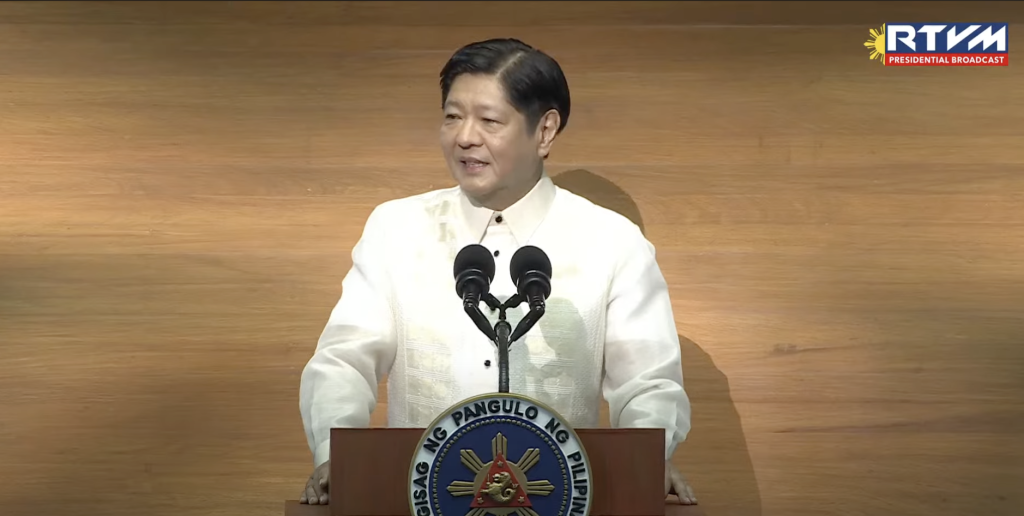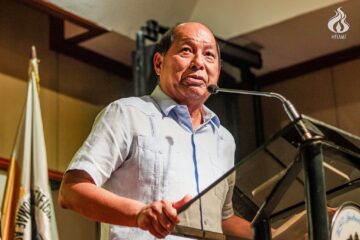
TO IMPROVE the country’s quality of basic education, President Ferdinand Marcos Jr. assured the public that the recalibrated Kindergarten to Grade 10 (K-10) curriculum will be in accordance “with international standards.”
“We are recalibrating the K to 10 curriculum to ensure that it is always relevant, responsive, and at par with international standards,” Marcos said during his second State of the Nation Address (SONA) on Monday, July 24.
“Literacy and numeracy skills are to be strengthened. The virtue of good citizenship and sense of community are also integrated in our curriculum,” the president added.
Last April, the Department of Education (DepEd) released a draft of the new curriculum, stating that it seeks to strengthen the competence of students in literacy and numeracy, the same skills that Marcos prioritized to tackle in his first SONA.
In 2018, the Programme for International Student Assessment said the quality of the country’s basic education must be improved after it scored significantly below average compared to other countries in all three major areas of literacy: reading, mathematics and science.
About 19% of Filipino students achieved at least the minimum proficiency level in overall reading literacy and only about 20% achieved the minimum in mathematical literacy in the 2018 study.
The K-10 curriculum underlines the issues concerning students’ assessment in the subjects of English, Filipino and Mathematics.
The president said his administration is currently augmenting the school workforce, noting that 90% of the newly created teaching positions have been filled while additional administrative personnel have been hired to unburden the workload of teachers.
“The MATATAG Agenda for basic education has been launched, focusing on [the] relevance of curriculum, rapid and responsive delivery, and the welfare of both learners and teachers,” he added.
Launched by vice president and education secretary Sara Duterte last January, the agenda’s objectives include producing job-ready citizens, accelerating basic education facilities and services, promoting learner well-being, and providing support to the growth of teachers.
Marcos also addressed the shortage of classrooms and facilities, an issue of which several groups have urged him to resolve.
“Schools and facilities are being retrofitted to become ready for the future — ready for hybrid and high-tech learning, and also climate-ready and disaster-proof. Through the DepEd Partnership Assistance Portal, private sector partners continue their assistance in the rehabilitation and improvement of schools, as part of their corporate social responsibility programs,” he said.
Earlier this month, DepEd said the revised version of the K-10 curriculum will soon be launched and will be implemented by the school year 2024-2025 to produce “better” learning outcomes among students.
It added that the draft for the updated curriculum for Grades 11 and 12, which targets to address the employability of graduates, will be released for transparency once the K-10 curriculum has been finalized. F — M.Y. R. and B.Y. A.



